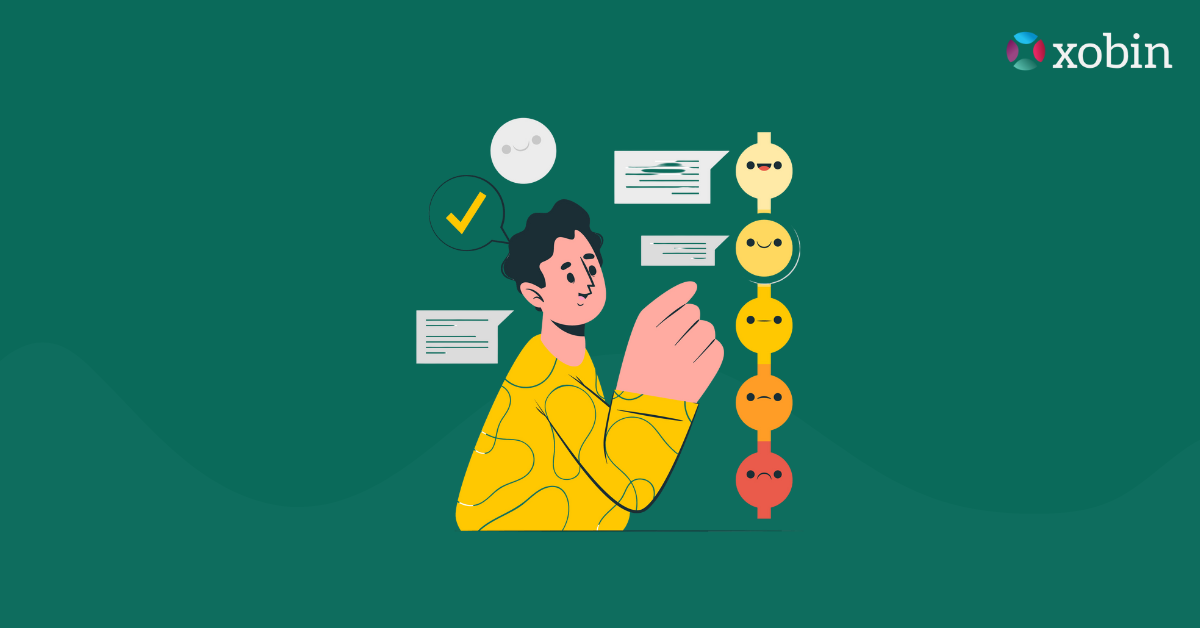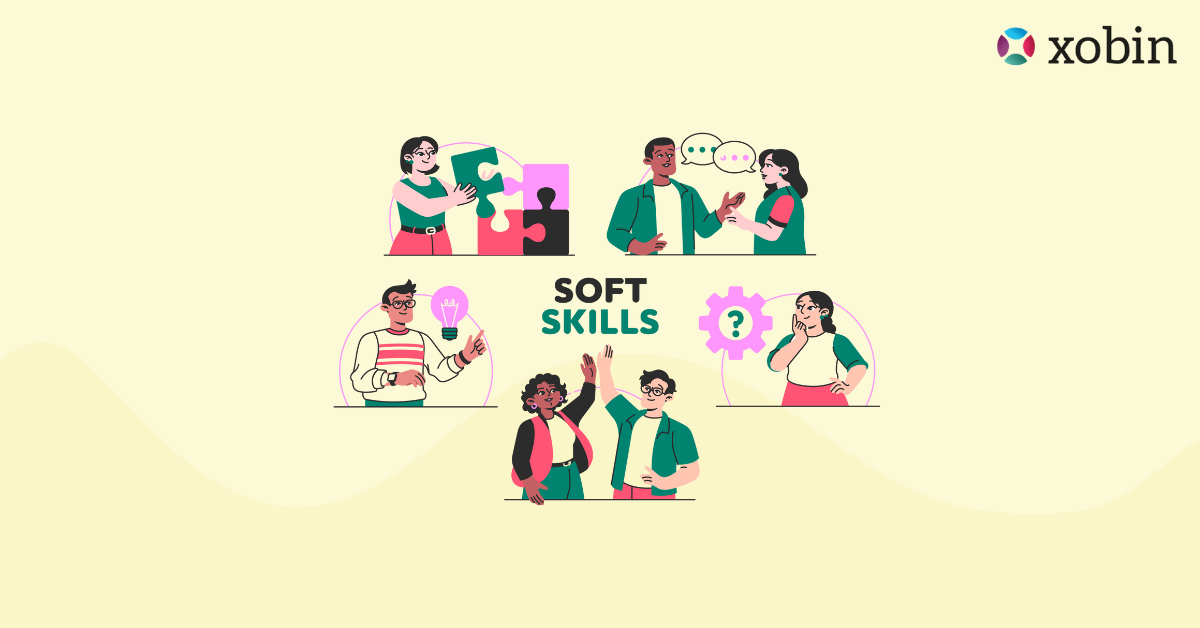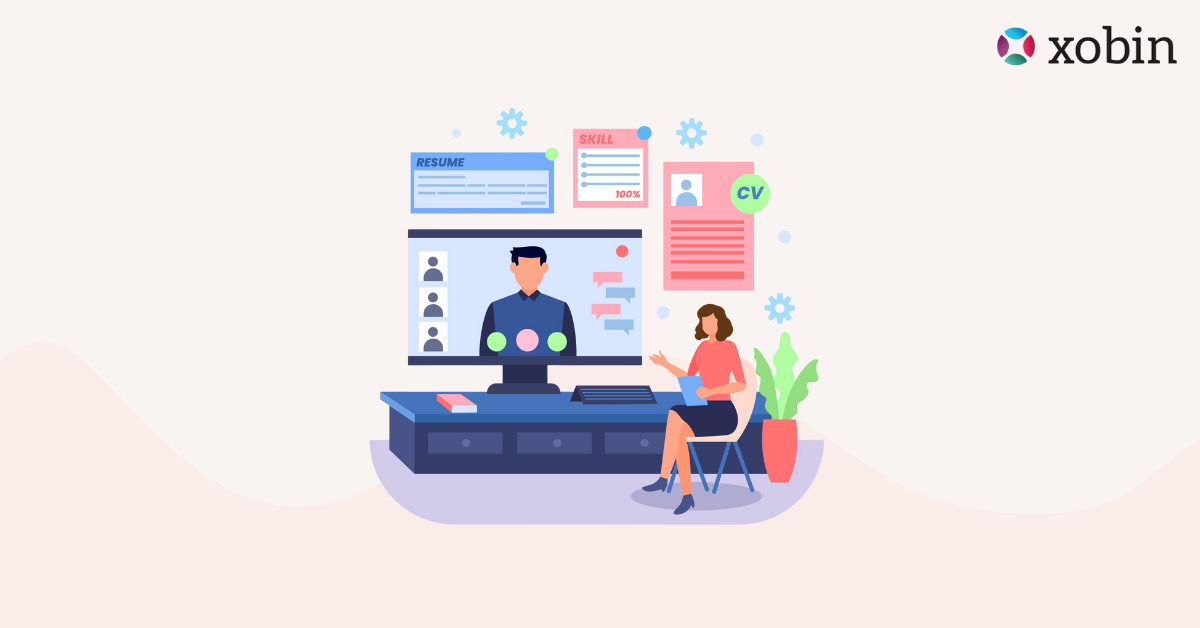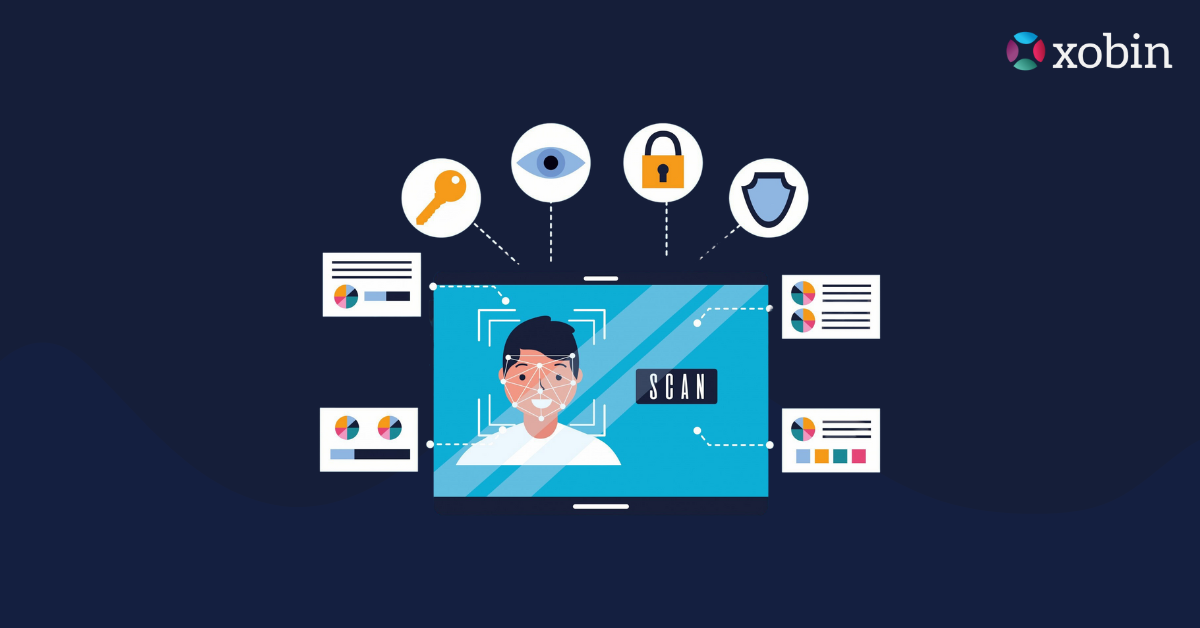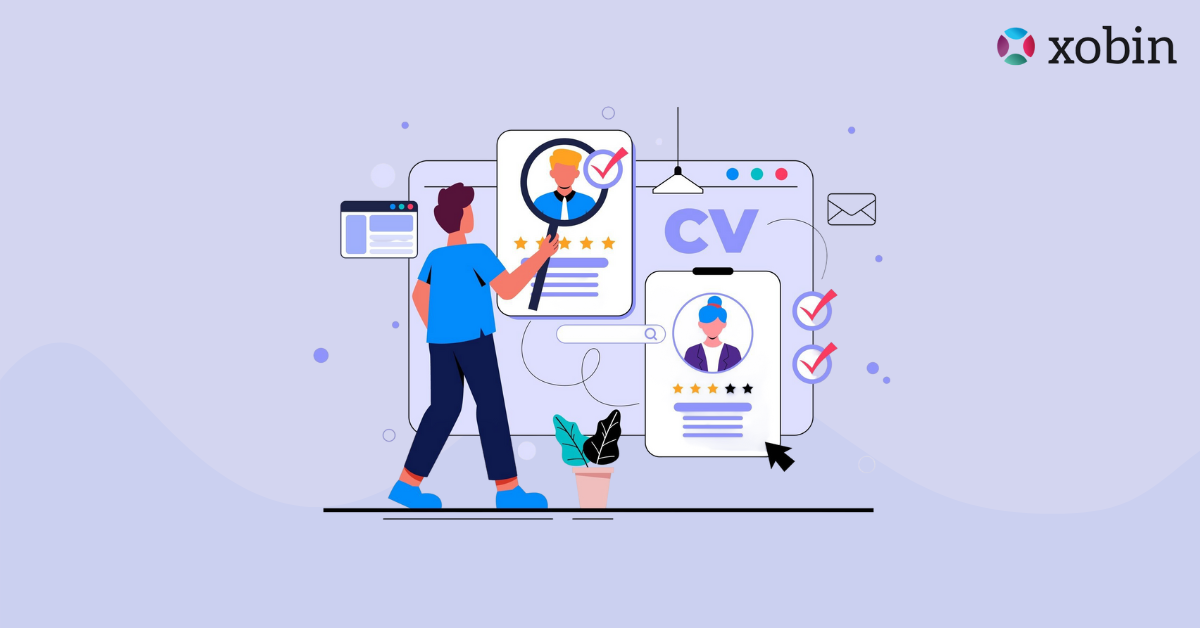The Ultimate Guide to Behavioral Assessments for Hiring
Hiring top talent and keeping them has become more than just reviewing resumes or holding interviews. Instead, today’s tough market demands clear, modern data-backed insights into candidates’ thinking, behavior, and …
Read MoreThe Ultimate Guide to Behavioral Assessments for Hiring
